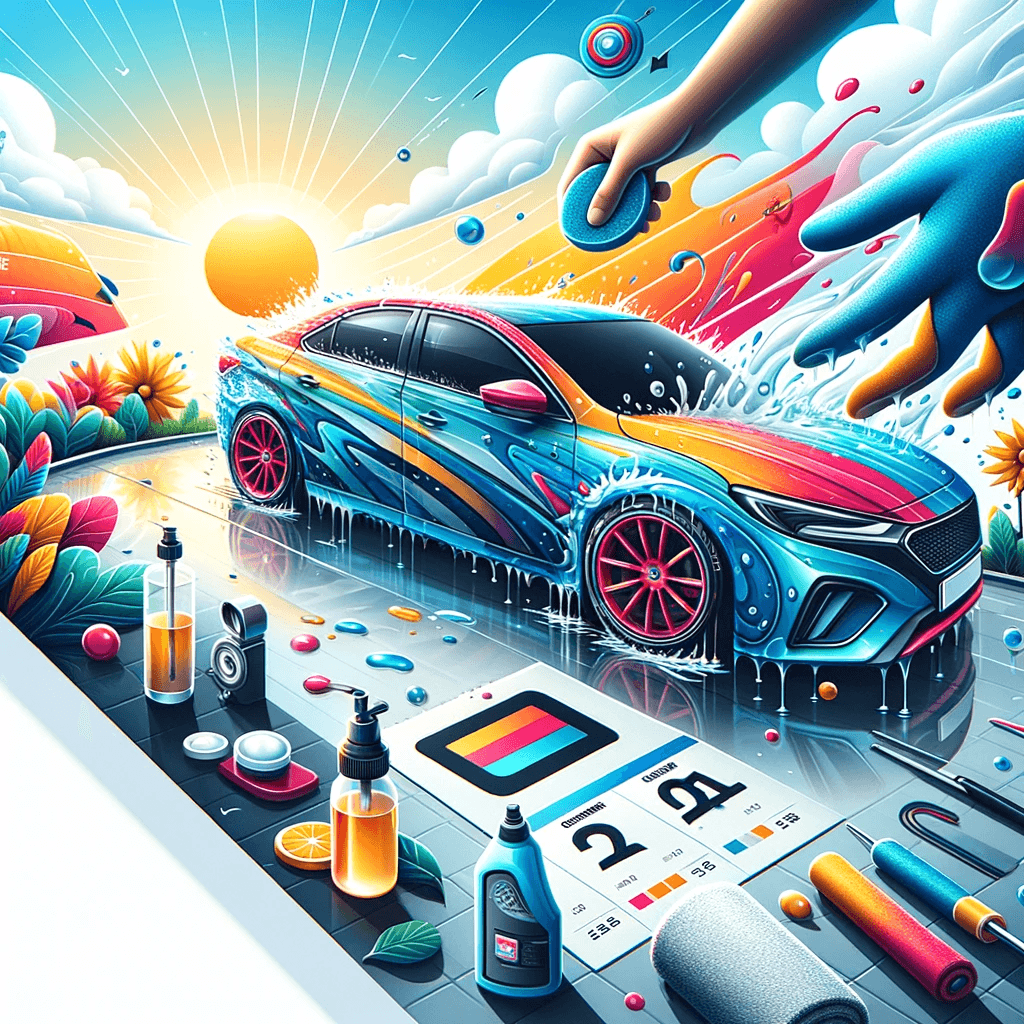Car wraps are a popular way to customize the appearance of a vehicle, offering both aesthetic appeal and protection to the car's original paint. However, a common question many car owners have is: how long does a car wrap last? The answer lies in understanding the factors affecting its durability and the best practices for maintenance.
Lifespan of Car Wraps
A typical car wrap lasts about five to seven years. This duration can vary based on several factors, including the quality of the vinyl, the expertise of the installation, care regimen, and environmental conditions. It's worth noting that car wraps on horizontal surfaces like hoods and roofs may only last around two years due to increased exposure to sunlight.
Maintenance Tips to Extend Wrap Life
Regular Hand Washing: Hand washing your vehicle with a mild detergent and a soft sponge or rag is crucial. Avoid harsh chemicals or abrasive materials that can damage the wrap. Regular washing (about two to four times a month) removes dirt and contaminants that can degrade the wrap over time.
Avoiding Automatic Car Washes: High-pressure jets and abrasive brushes in automatic car washes can damage the wrap. Opt for hand washing or touchless car washes instead.
Waxing Avoidance: Wax can degrade the vinyl and shorten the life of the wrap. It's best to avoid waxing a wrapped vehicle.
Protection from Elements: Parking your vehicle in the shade helps protect the wrap from excessive sun exposure, which can cause fading and degradation
Prompt Damage Repair: Address any damage, such as from road debris or accidents, immediately to prevent it from spreading.
Cleaning Stains from Car Wraps
To maintain the wrap’s appearance and lifespan, effective cleaning methods are crucial
Spot Cleaning: Use mild solutions like Simple Green or isopropyl rubbing alcohol for spot cleaning. Rinse with cool water afterward.
Hand Washing: Regularly hand wash the wrap with warm, soapy water using a soft cloth or microfiber towel.
Addressing Stubborn Stains: Use a mild stain remover for tough stains like tree sap or tar, but always test on a small area first.
Avoid Harsh Products: Steer clear of solvents, oil-based cleaners, or abrasive tools to prevent damage.
